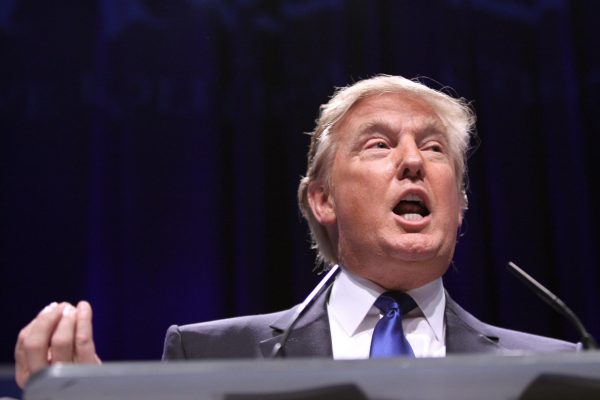
President Donald Trump’s reascension into political office immediately triggered a new wave of reforms and objectives that aim to expand U.S. influence beyond its borders. However, these ambitious plans can easily backfire and erode key international relations that the U.S. has relied on for much of its history.
In 2019, Trump first proposed purchasing Greenland from Denmark, a move that stunned both Danish and Greenlandic leaders. Trump’s administration framed the proposal as a strategic effort to strengthen U.S. military influence in the Arctic, secure access to valuable natural resources like uranium, and counter growing Russian and Chinese activities in the region. Denmark resoundingly rejected the proposal as a direct challenge to their sovereignty, with many Danish politicians voicing their opposition.
Notably, Kristian Jensen, Former Minister for Foreign Affairs of Denmark, stated, “It has gone from a great opportunity for enhanced dialogue between allies to a diplomatic crisis.” This is yet another example of Trump’s “America First” policy, which prioritizes U.S. strategic and economic interests at the expense of long-standing alliances.
In a similar move to Greenland, Trump put forward the reacquisition of the Panama Canal. Originally constructed by the U.S., the canal was placed under Panamanian control in 1977 by then-President Jimmy Carter. Trump claimed that the canal significantly overcharged American ships, breaching the treaty signed in 1977. He also cited alleged Chinese efforts to control the vital canal as another instance of their agreement violation and a threat to national security. The Panama Canal was front and center in his inaugural address, indicating how it remains one of his top foreign policy priorities.
These policies risk isolating the United States from its greatest strategic advantage—its allies. This is problematic as, throughout history, America has relied on alliances and support from other countries to achieve its international goals. For example, following the Sept. 11, 2001 terrorist attacks, NATO invoked Article 5, which states that an attack on one NATO member is an attack on all. After U.S.-led coalition strikes against Al-Qaeda and the Taliban, the United Nations voted in December 2001 to form the International Security Assistance Force (ISAF). During the conflict, ISAF grew to include over 130,000 service members from 42 countries charged with supporting the interim government of Afghanistan. The cooperation among these countries to rally around the U.S. exemplifies the significance and necessity of international alliances when confronting global security challenges.
Despite this, Trump still continues to weaken international relations through his imposition of tariffs and increasing desire to expand beyond U.S. borders. “America First” should not come at the expense of vital international relationships that have kept the U.S. afloat in the past and will continue to do so in the future. Going forward, Trump needs to carefully navigate between national goals and global cooperation to better handle evolving international challenges.




